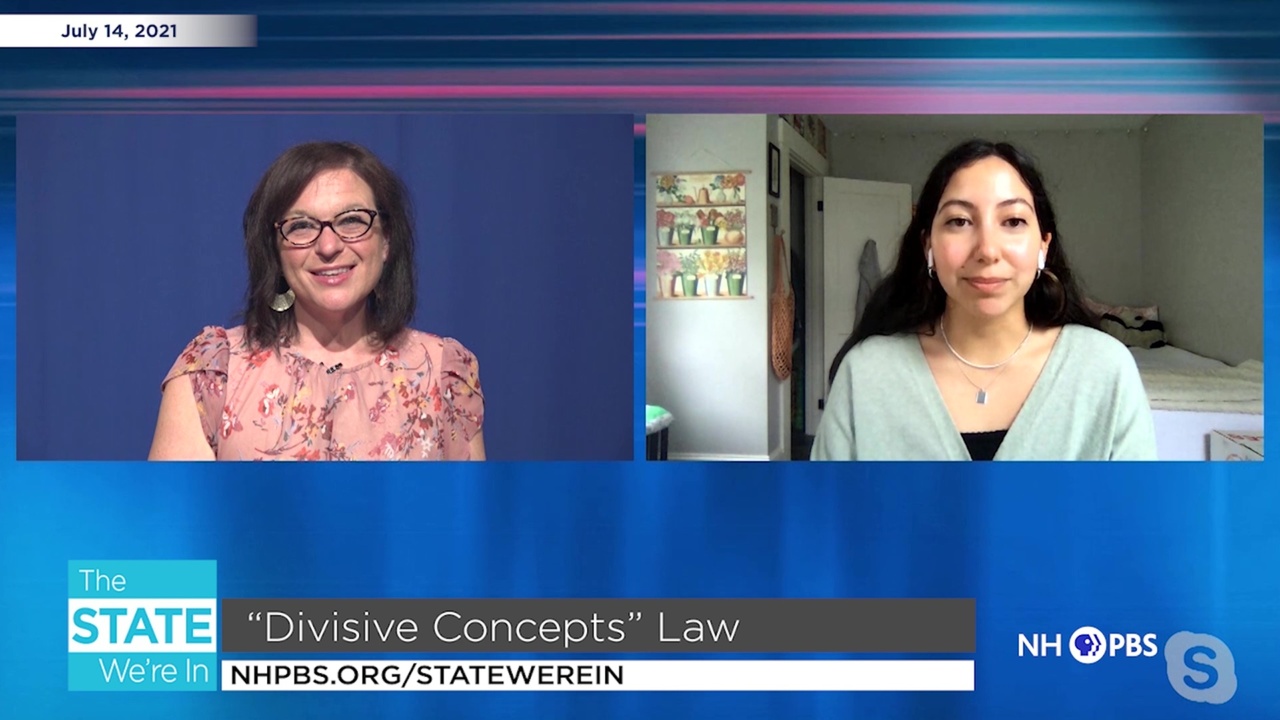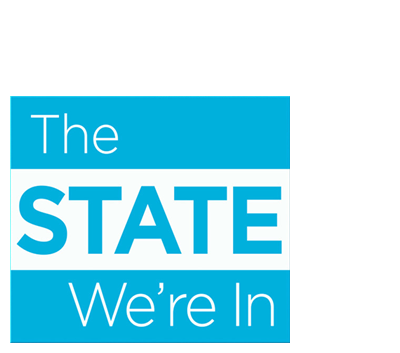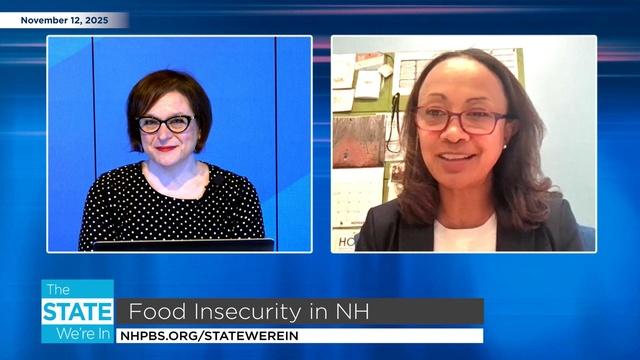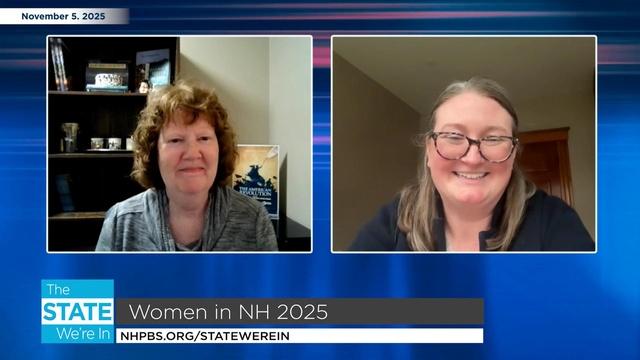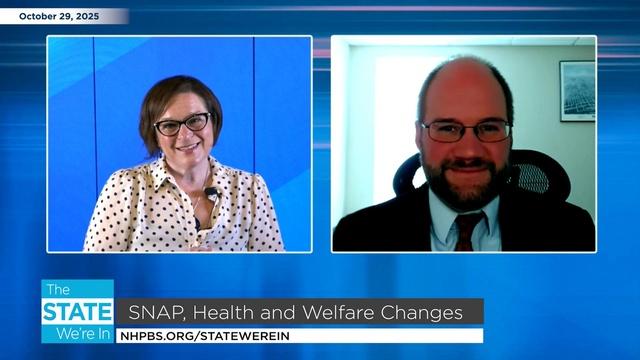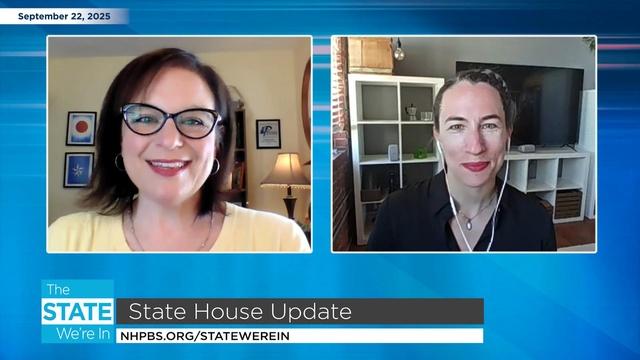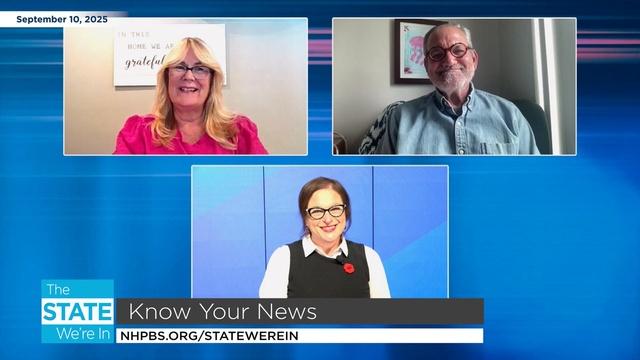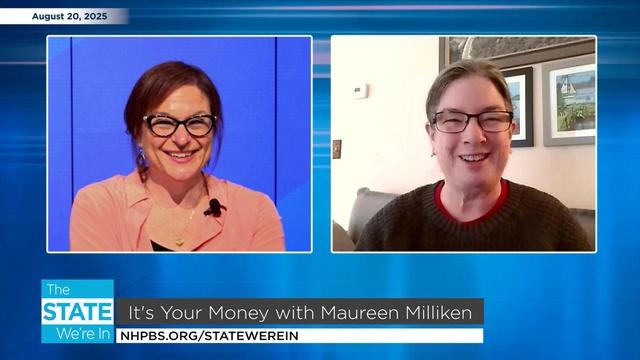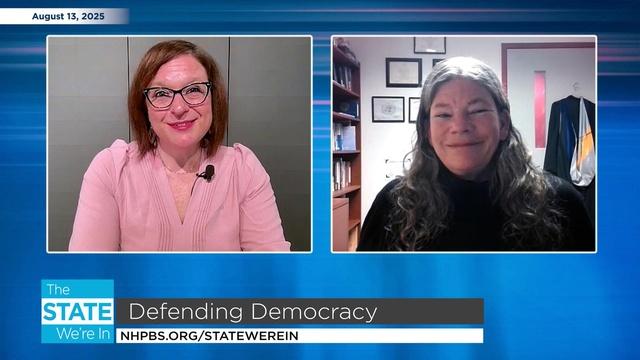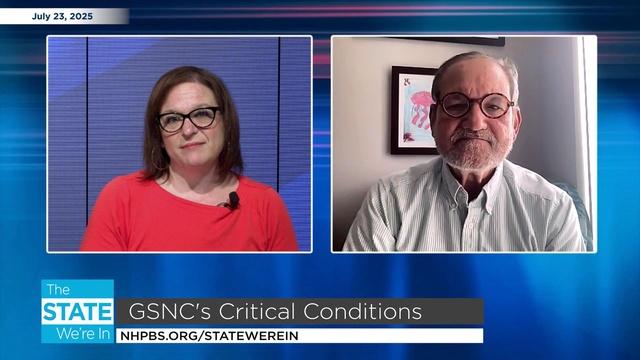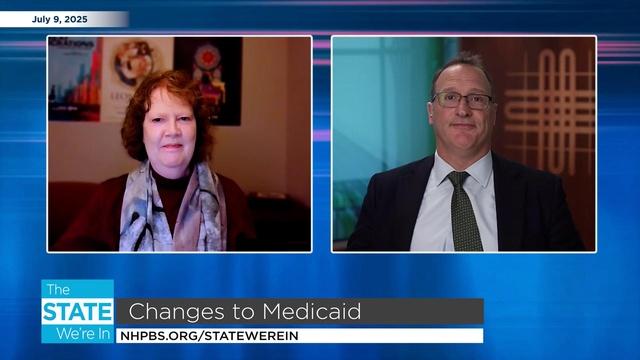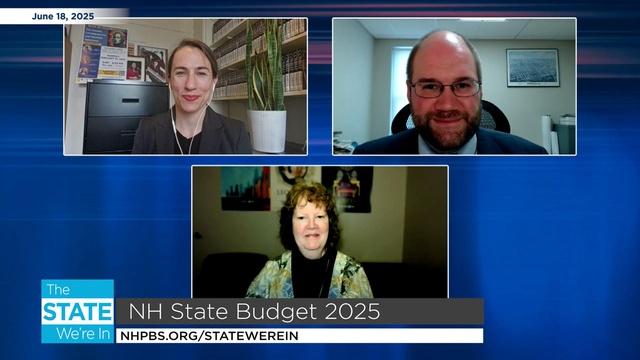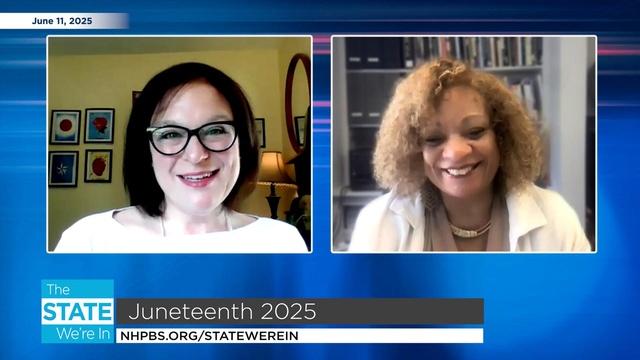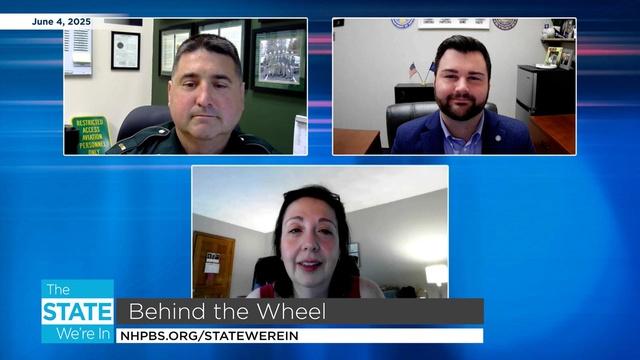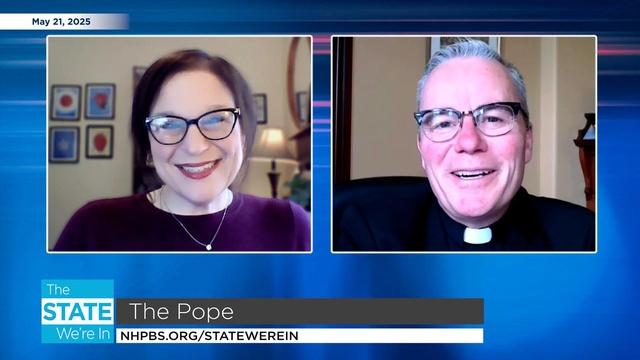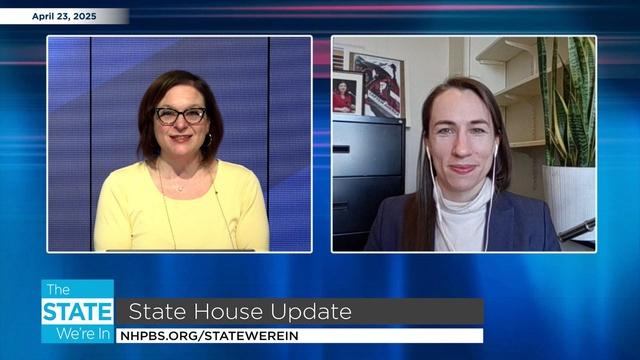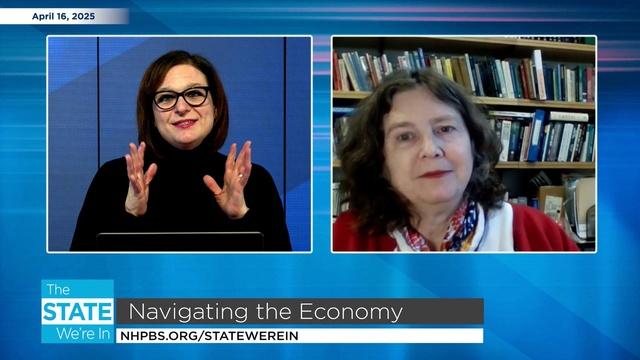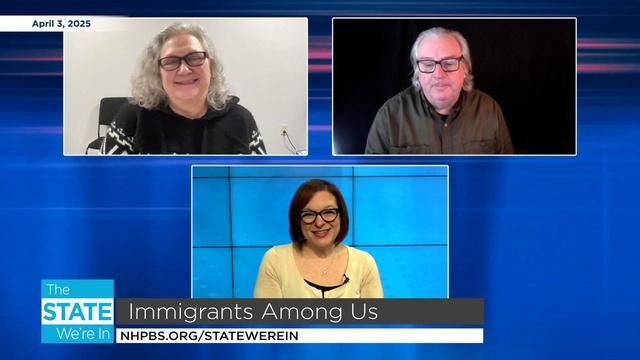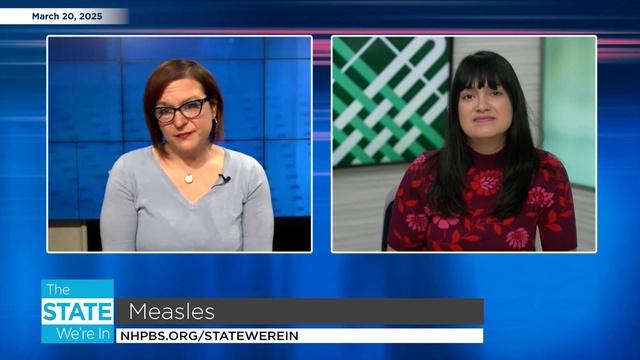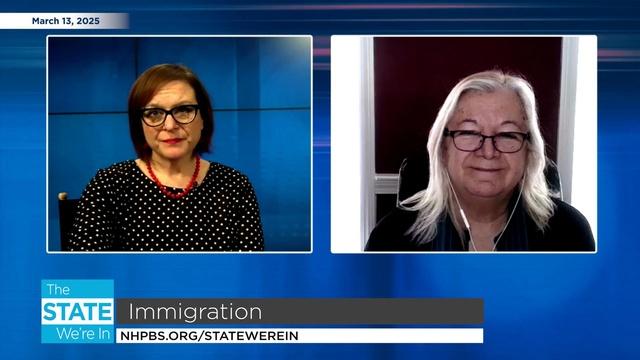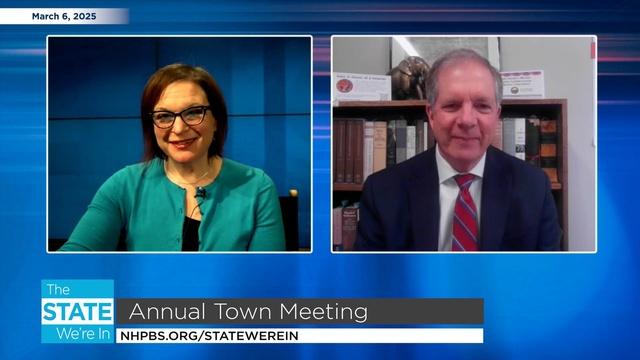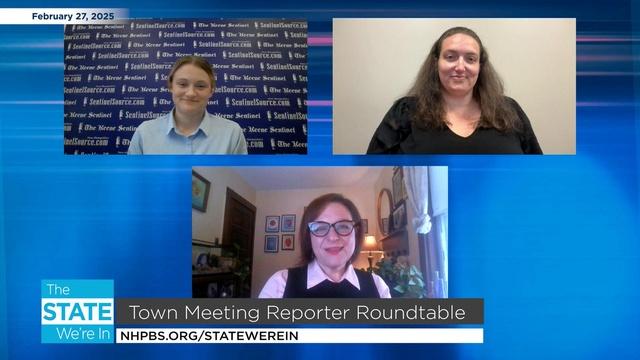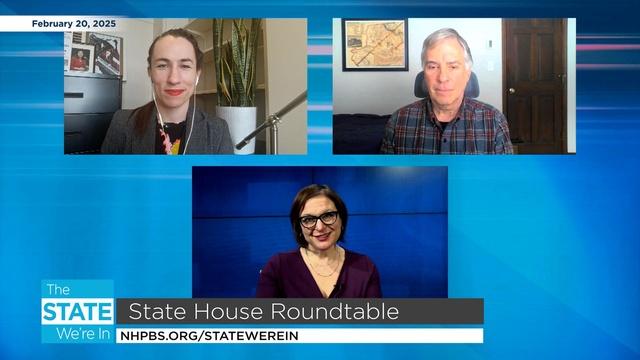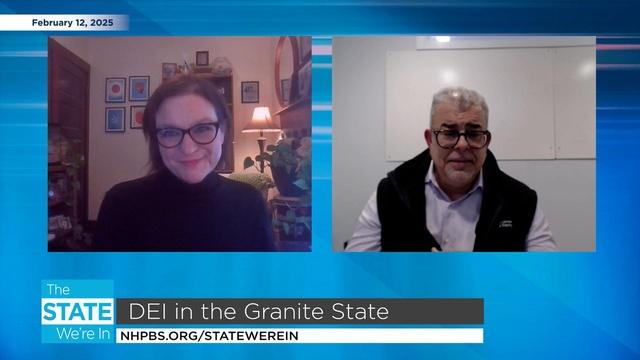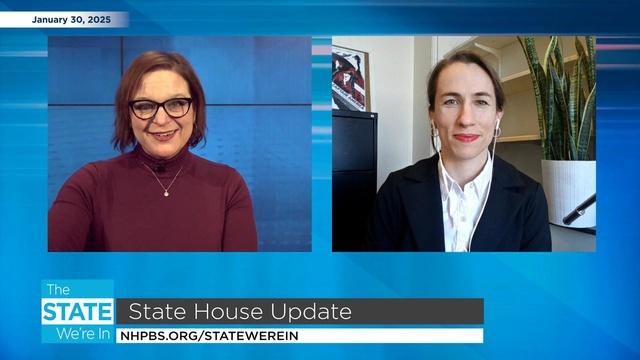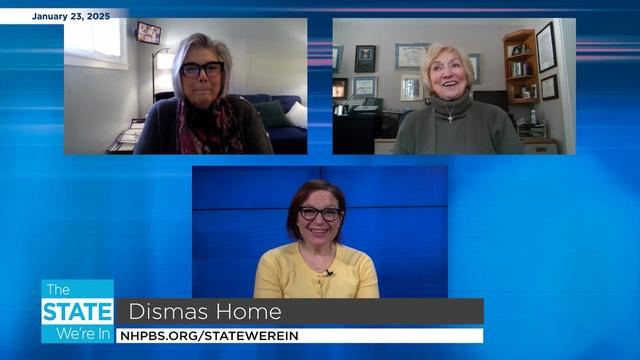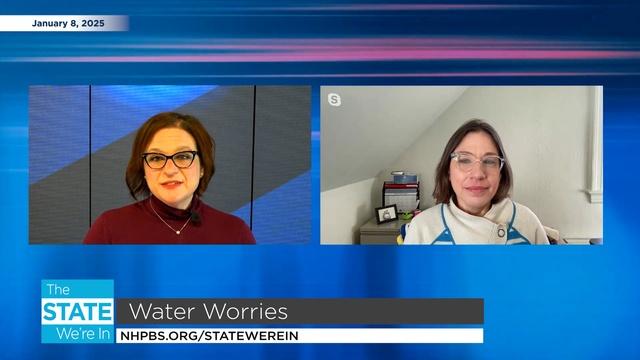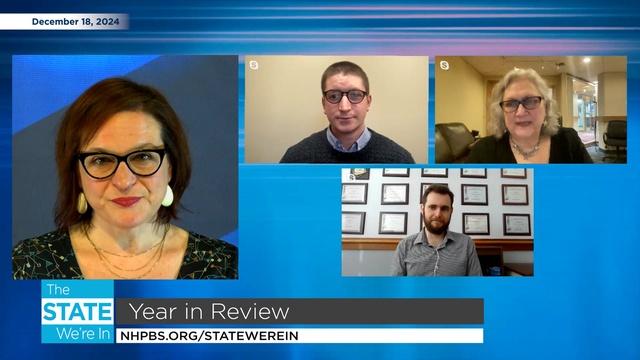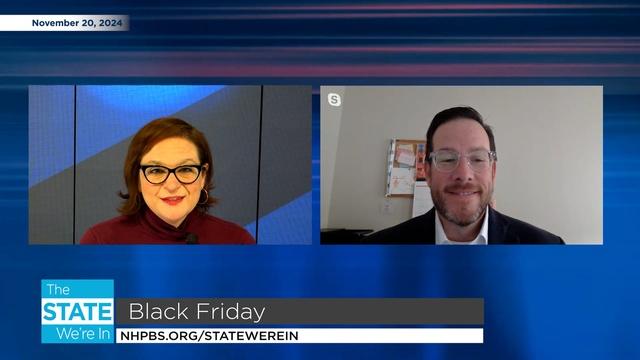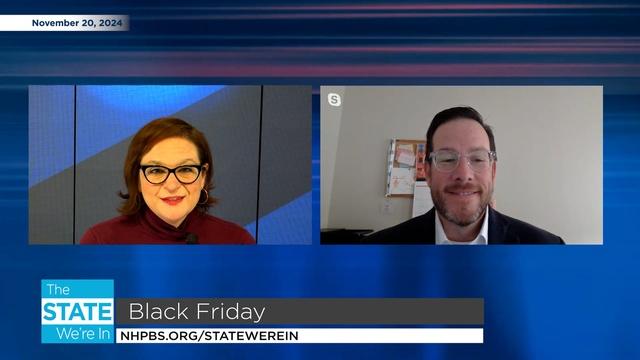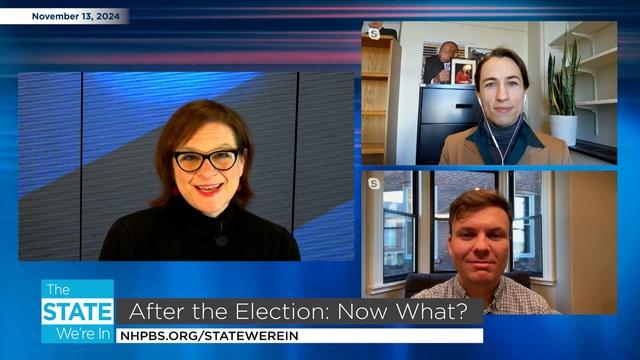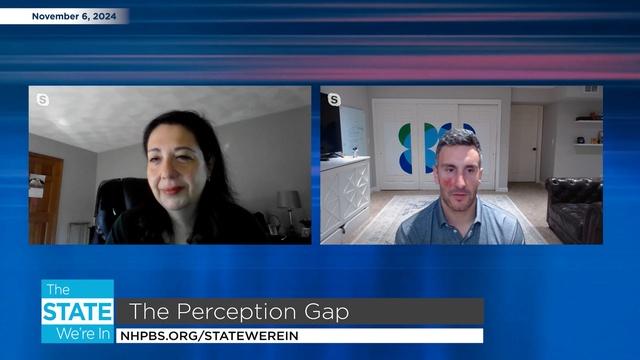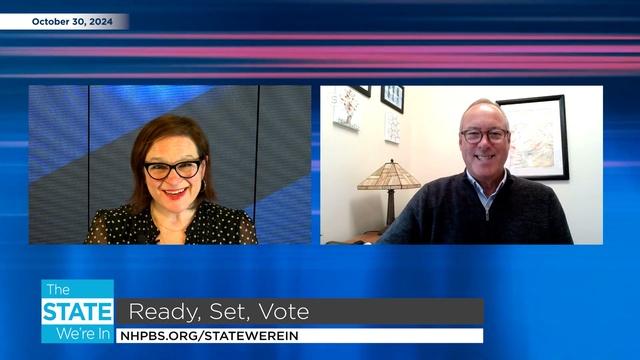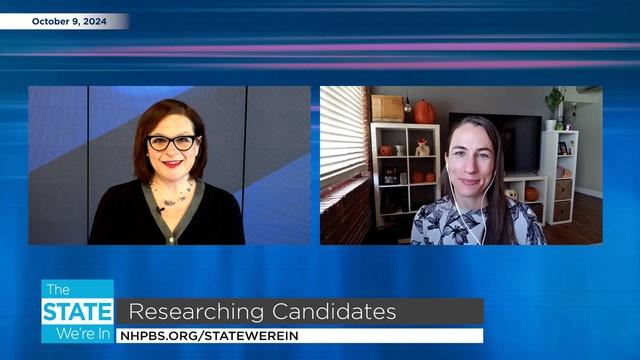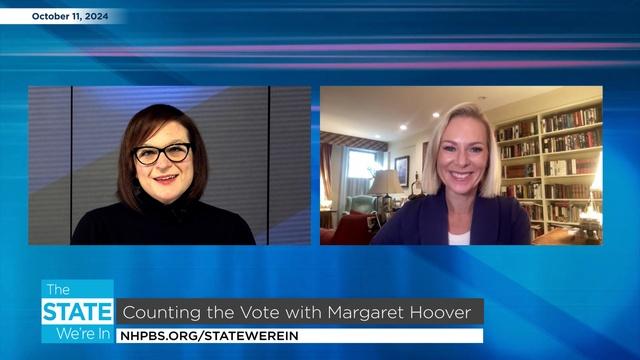What's in the Budget Provision That is Calling Race Conversations into Question?
From: Granite State News Collaborative
By: Jenny Whidden
As the state budget moved through the legislature this year, New Hampshire had its eyes on a provision commonly referred to as the ‘divisive concepts’ legislation. The language has been a point of widespread controversy, but now that it’s law, many Granite Staters are left wondering what exactly is in the bill.
Opponents of the law argue it could put a chill on conversations about systemic racism, white privilege and implicit bias; supporters say the legislation protects all New Hampshireites from discrimination — including white people.
And while much of the bill’s original language echoes former President Donald Trump’s September executive order that blocked federal agencies from introducing certain “divisive concepts” in workplace training, much of that previously word-for-word legislation has been altered or cut.
So what is in the provision? Here are two major points:
What’s in the text?
According to the law, “no public employer, either directly or through the use of an outside contractor, shall teach, advocate, instruct, or train any employee, student, service recipient, contractor, staff member, inmate, or any other individual or group, any one or more of the following,” pulled directly from the bill text:
- That people of one age, sex, gender identity, sexual orientation, race, creed, color, marital status, familial status, mental or physical disability, religion, or national origin, are inherently superior or inferior to people of another age, sex, gender identity, sexual orientation, race, creed, color, marital status, familial status, mental or physical disability, religion, or national origin;
- That an individual, by virtue of his or her age, sex, gender identity, sexual orientation, race, creed, color, marital status, familial status, mental or physical disability, religion, or national origin is inherently racist, sexist, or oppressive, whether consciously or unconsciously;
- That an individual should be discriminated against or receive adverse treatment solely or partly because of his or her age, sex, gender identity, sexual orientation, race, creed, color, marital status, familial status, mental or physical disability, religion, or national origin; or
- That people of one age, sex, gender identity, sexual orientation, race, creed, color, marital status, familial status, mental or physical disability, religion, or national origin cannot and should not attempt to treat others equally and/or without regard to age, sex, gender identity, sexual orientation, race, creed, color, marital status, familial status, mental or physical disability, religion, or national origin
These four ideas are then repeated, preceded by the following:
- No government program shall teach, advocate, or advance any one or more of the following:
- No public employee shall be subject to any adverse employment action, warning, or discipline of any kind for refusing to participate in any training, program, or other activity at which a public employer or government program advocates, trains, teaches, instructs, or compels participants to express belief in, or support for, any one or more of the following:
- No pupil in any public school in this state shall be taught, instructed, inculcated or compelled to express belief in, or support for, any one or more of the following:
The law does contain clarifying provisions:
- Nothing in this subdivision shall be construed to prohibit racial, sexual, religious, or other workplace sensitivity training based on the inherent humanity and equality of all persons and the ideal that all persons are entitled to be treated with equality, dignity, and respect.
- Nothing in this subdivision shall be construed to limit the academic freedom of faculty members of the university system of New Hampshire and the community college system of New Hampshire to conduct research, publish, lecture, or teach in the academic setting.
- Nothing in this section shall be construed to prohibit discussing, as part of a larger course of academic instruction, the historical existence of ideas and subjects identified in this section.
The legislation also specifies the following:
- Any person claiming to be aggrieved by a violation of this section, including the attorney general, may initiate a civil action against a school or school district in superior court for legal or equitable relief, or with the New Hampshire commission for human rights as provided in RSA 354-A:34.
- Violation of this section by an educator shall be considered a violation of the educator code of conduct that justifies disciplinary sanction by the state board of education.
‘Divisive concepts’
The term “divisive concepts” was first thrown into the limelight by Trump’s September order, and has since been included in bills introduced in at least five other states, including Rhode Island, West Virginia and Ohio.
Though the phrase, “divisive concepts,” appeared in early drafts of the original New Hampshire House Bill 544 and became shorthand for referring to the measure, that language does not appear in what ultimately became law.
In the New Hampshire law, “divisive concepts” was replaced with alternate wording in the Senate, because the phrase doesn’t have an official legal definition, said Rep. Steven Smith (R-Sullivan).
“Having a brand new legal definition of a word put into a statute — we don’t know how that will turn out,” Smith said. “In something that’s likely to be litigated, it can be risky.”
Smith said rather than creating an entirely new law with new definitions, the Senate instead amended some of the original language of the house bill — including removing the phrase ‘divisive concepts — and put what remained into existing anti-discrimination statute in the budget.
Though Smith was not involved in the Senate process that cut and altered the budget draft into the language that is now law, he said it is likely the ideas that were not included did not fit into the anti-discrimination statute.
“It’s always better to start small,” he said.
These articles are being shared by partners in The Granite State News Collaborative as part of our race and equity project. For more information visit collaborativenh.org.
Background
The bill’s first draft directly mirrored former President Donald Trump’s September executive order. Trump’s executive order can be found here.
Though the phrase, “divisive concepts,” appeared in early drafts of the original House Bill 544 and became shorthand locally for referring to the measure, that language does not appear in what ultimately became law.
The original bill stated that “the state of New Hampshire shall not teach, instruct, or train any employee, contractor, staff member, student, or any other individual or group, to adopt or believe any of the divisive concepts defined” in the law.
The bill that was approved in April further stated that “Divisive concept” includes the concept that:
(a) One race or sex is inherently superior to another race or sex;
(b) The state of New Hampshire or the United States is fundamentally racist or sexist;
(c) An individual, by virtue of his or her race or sex, is inherently racist, sexist, or oppressive, whether consciously or unconsciously;
(d) An individual should be discriminated against or receive adverse treatment solely or partly because of his or her race or sex;
(e) Members of one race or sex cannot and should not attempt to treat others without respect to race or sex;
(f) An individual’s moral character is necessarily determined by his or her race or sex;
(g) An individual, by virtue of his or her race or sex, bears responsibility for actions committed in the past by other members of the same race or sex;
(h) Any individual should feel discomfort, guilt, anguish, or any other form of psychological distress on account of his or her race or sex; or
(i) Meritocracy or traits such as a hard work ethic are racist or sexist, or were created by a particular race to oppress another race.
(j) The term “divisive concepts” includes any other form of race or sex stereotyping or any other form of race or sex scapegoating.
The four ideas that are now illegal to teach in New Hampshire pull from points (a), (c), (d) and (e).
Watch Online
Return to the
The State We're In
Main Page
Support for The State We're In is provided by New Hampshire Charitable Foundation
The State We're In is produced in partnership with the Granite State News Collaborative and the students and staff of the Marlin Fitzwater Center for Communication at Franklin Pierce Unversity in Rindge, NH.
